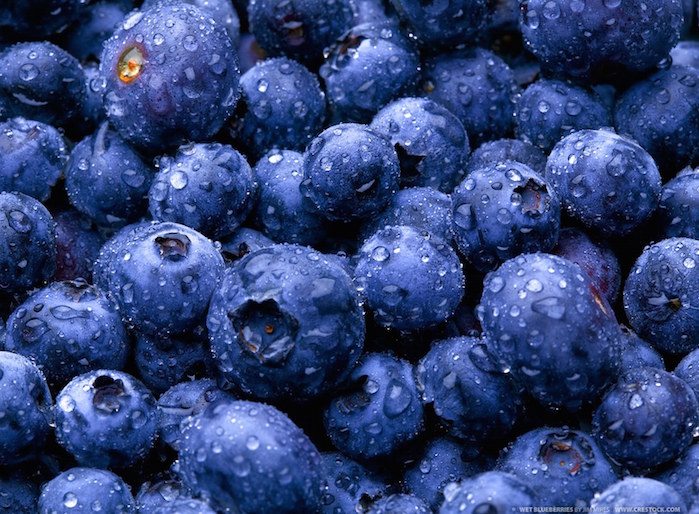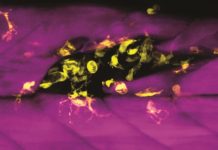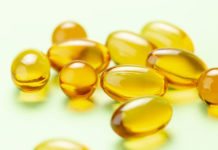 Pterostilbene, a phenolic compound in the same family as resveratrol, is present in small amounts in a large variety of foods and beverages like blueberries or red wine. Spanish biomedical researchers, in collaboration with the United States Department of Agriculture (USDA), have observed in animal models that its administration reduces the build-up of body fat, which could reduce the risk of developing other diseases like diabetes.
Pterostilbene, a phenolic compound in the same family as resveratrol, is present in small amounts in a large variety of foods and beverages like blueberries or red wine. Spanish biomedical researchers, in collaboration with the United States Department of Agriculture (USDA), have observed in animal models that its administration reduces the build-up of body fat, which could reduce the risk of developing other diseases like diabetes.
Obesity is a chronic disease caused by a whole range of factors and defined as an excessive accumulation of body fat. It is a metabolic disease very prevalent in developed countries and a significant risk factor for developing certain pathologies and alterations like insulin resistance, diabetes, fatty liver, alterations in plasma lipids and hypertension, among others.
The traditional guidelines for preventing and treating obesity include following a low-calorie diet and doing moderate physical activity over the long term. However, the effectiveness of these strategies is limited and the success achieved is not always the desired one. In this context, including functional ingredients in the diet opens up new treatment perspectives. An example of these ingredients are phenolic compounds, one of which is pterostilbene.
Pterostilbene is present in small amounts in a whole range of foods and beverages like grapes, blueberries, peanuts and red wine and widely consumed by humans. Right now there are few studies analysing the effects of this molecule and they mainly focus on cancer.
The new research is the first pre-clinical work to analyze the effects of this phenolic compound on obesity in an animal model. In this study, pterostilbene was shown to reduce body fat by inhibiting fat synthesis in adipose tissue while increasing lipid oxidation in the liver.
These promising results have resulted in a patent and could be the starting point for conducting future studies on intervention in humans and designed to confirm this anti-obesity effect.
Source: Saioa Gómez-Zorita, Alfredo Fernández-Quintela, Arrate Lasa, Leixuri Aguirre, Agnes M. Rimando, María P. Portillo. Pterostilbene, a Dimethyl Ether Derivative of Resveratrol, Reduces Fat Accumulation in Rats Fed an Obesogenic Diet. Journal of Agricultural and Food Chemistry, 2014; 62 (33): 8371 DOI: 10.1021/jf501318b
Journal Link: http://pubs.acs.org/doi/abs/10.1021/jf501318b














